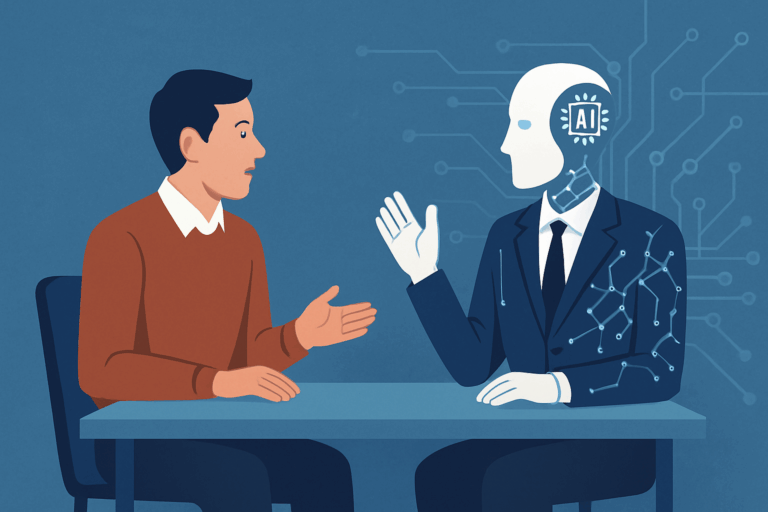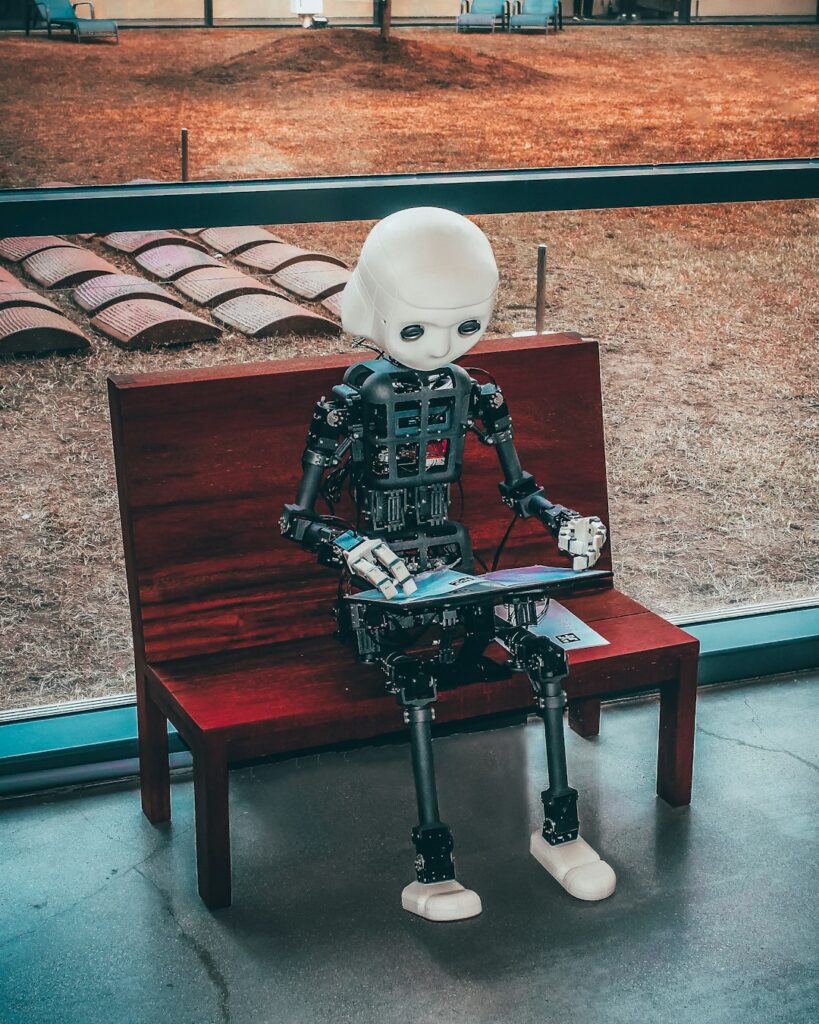We are entering a new era where “experts” are not only people with degrees, experience, and authority, but also digital experts — AI systems that answer, analyze, and propose solutions with remarkable speed and confidence.
This raises a critical question: What is the role of humans in a world where “expertise” may belong to algorithms?
What Is a “Digital Expert”?
The term doesn’t refer to a human with digital skills. It refers to AI models that act like experts across multiple domains:
- An LLM providing legal answers.
- A predictive model offering financial forecasts.
- A generative AI drafting medical reports or research hypotheses.
These systems simulate authority. They sound knowledgeable — but they lack consciousness, lived experience, and accountability.
The Danger of False Authority
Humans are wired to trust confidence. When an AI responds with certainty, we often mistake tone for truth.
And this is where the danger lies:
- Bias: Digital experts inherit prejudices from their training data.
- Hallucinations: They produce answers that sound correct but are factually wrong.
- Over-reliance: Humans sideline their own judgment, deferring blindly to “digital authority.”
The Human Role
In the age of digital experts, our role is not to compete in memory or speed.
Our role is to:
- Critical Filter: Verify, cross-check, and correct.
- Curator of Meaning: Place answers into context, purpose, and values.
- Ethical Overseer: Remind the system (and ourselves) that every decision has human and social consequences.
Implications for Work and Society
- Work: Knowledge professions (lawyers, doctors, analysts) won’t disappear — they will transform. The expert of the future collaborates with digital experts instead of fearing them.
- Education: Knowledge is no longer about memorization, but about learning how to evaluate, synthesize, and interpret.
- Society: Trust in algorithmic authority must be balanced with institutional oversight, transparency, and awareness of AI’s limits.
Conclusion
Digital experts are not human substitutes. They are tools that can become collaborators or traps — depending on how we use them.
The challenge of our time is not to prove we are “better” than AI.
It’s to prove that we remain indispensable: as carriers of judgment, values, responsibility, and humanity.


